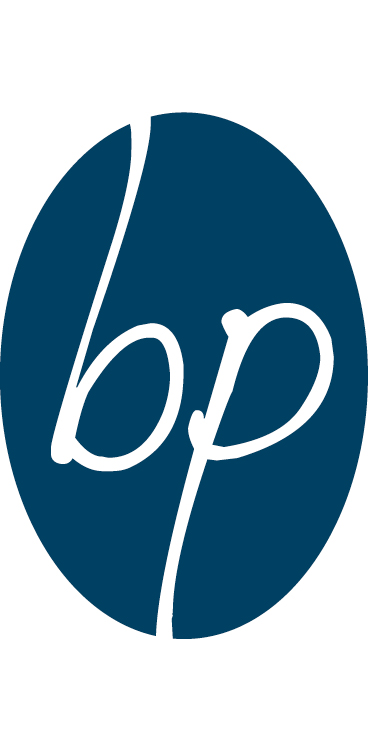Leadership Development
Leadership is a tall order. Leaders are expected to create visions, implement changes, achieve organizational goals, give powerful presentations, and address the needs of multiple stakeholders. As a leader, you know this list is only the beginning.
How are you—a single human being—expected to do all of that, plus successfully manage the all-important element of work: relationships?
You may be a new leader or a seasoned leader. You may lead a small team, a large department, or an entire organization. You may have stepped into leadership enthusiastically or reluctantly.
No matter how or when you became a leader, you are now facing some challenges.
Common issues that leaders face:
Working with different types of people. You are trying to collaborate with your colleagues, engage your staff, lead people through a change, or work well with your boss, but certain personalities keep tripping you up, frustrating you, and slowing the work.
Confidence. Maybe you are a new leader. Or, maybe you have led for a while, but are taking on a new, bigger challenge. Or, maybe you were swimming along, but have had a recent setback. You do not feel solid in your leadership role.
Finding balance. You work long hours, and don’t take time for self-care, personal relationships, or fun. And you have no idea how to change this. You feel trapped, and the exhaustion is wearing you down.
Contributing strategically. Maybe, like many other leaders, you’ve been asked to put down your day-to-day tasks and think more strategically. Maybe you can’t find the time. Or, maybe, you’re not quite sure what is being asked of you.
Implementing change. You have a great idea that you know will ease processes for your colleagues or outcomes for your customers or clients, but you can’t seem to get others onboard with your idea. They may say it’s a great idea, but they aren’t making a move.
My experience coaching hundreds of leaders has shown me that people can not only improve their abilities as a leader, but also be more at ease and happy as a leader.
I can help you:
Build stronger and more effective working relationships so that you can meet goals and enjoy work more
Clarify your leadership goals, strengths, and style so you can feel confident in your role and contribute more of your expertise
Increase your awareness of the powerful psychological factors at work in organizations and how to navigate them more successfully
Learn new tools to manage your workload so you have more time to attend to big picture issues at work and more energy to spend in your personal life
Understand the psychology of change so that you can implement realistic plans that lead to better outcomes
My work with you typically involves:
Initial conversation with you over the phone to determine if I can help you (free consultation)
Discussion and clarification of your coaching goals
Interviews with a subset of your colleagues to obtain their feedback on your leadership strengths and areas of development
A written report of your leadership feedback
Psychometric assessments such as the Myers-Briggs Type Indicator (MBTI) or Thomas-Kilmann Instrument (TKI) or use of the Enneagram
A coaching plan including goals, timelines, and action steps
Coaching sessions with me (in person or via phone or Skype) to discuss progress, integrate new learning, and determine next steps
Additionally, as needed, I can meet with you and your boss and/or your human resources representative to advance alignment around your leadership development
You can be a more effective, more confident, and more at ease leader

